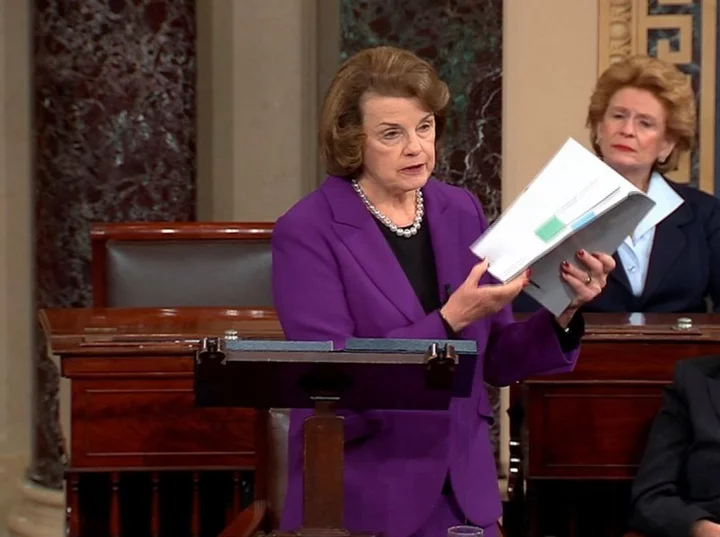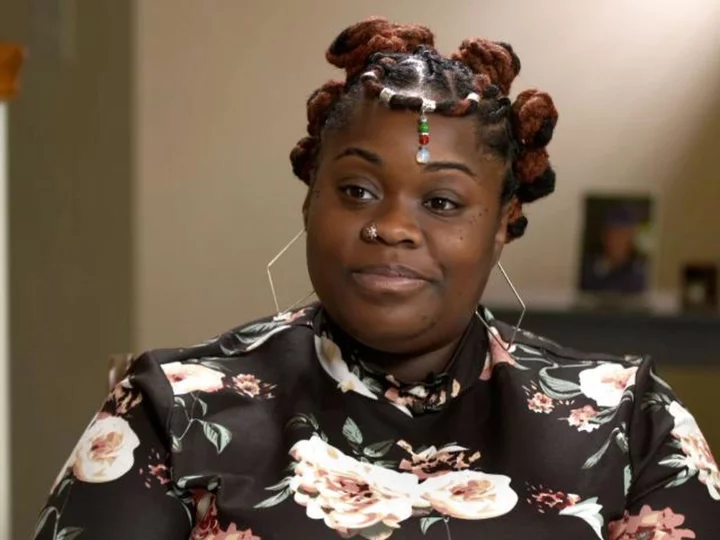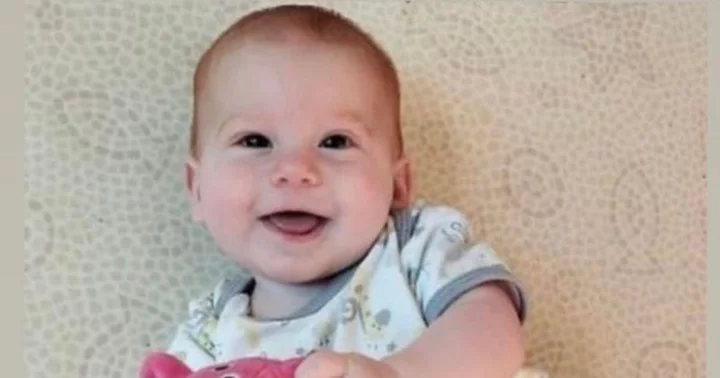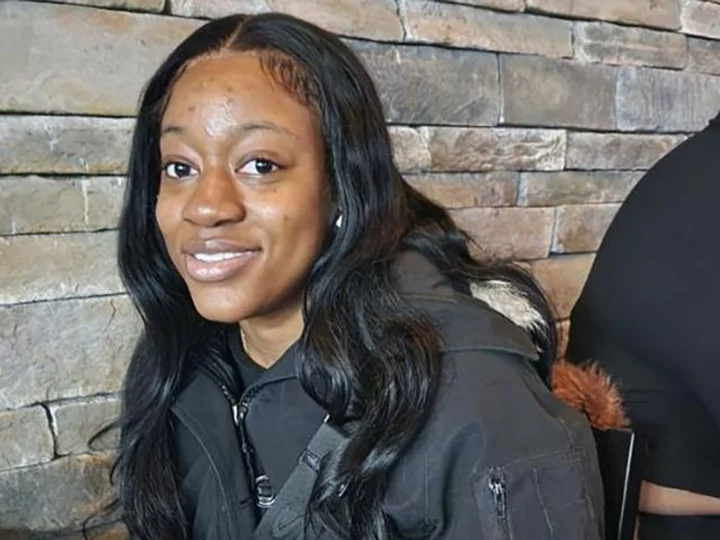By Richard Cowan
WASHINGTON The death of trailblazing U.S. Senator Dianne Feinstein presented her fellow Democrats with two key questions on Friday: Who will replace her in the chamber and who will take her seat on the committee that approves federal judges.
The answer to the first question is easy: California Democratic Governor Gavin Newsom will name a successor, who he has promised will be a Black woman.
Filling the 90-year-old lawmaker's seat on the Senate Judiciary Committee touches one of the most critical levers of partisan power in Washington and will require cooperation from Republicans.
Democrats' majority in the chamber has temporarily shrunk by one, to 50-49, following the death of Feinstein, who had been sidelined for a month earlier this year by a bout of shingles.
The vacancy should not pose an immediate problem for Senate Majority Leader Chuck Schumer in a standoff with House of Representatives Republicans over the looming government shutdown, since the Senate is advancing a bipartisan bill to keep agencies funded, which cleared a procedural hurdle on Thursday in a 76-22 vote.
"Earlier this morning, we lost a giant in the Senate," an emotional Schumer said on Friday.
EYES ON NEWSOM
Newsom, a rising star in the Democratic Party, has the authority to name a successor to fill Feinstein's seat through the end of her term in January 2025. He is virtually certain to name a Democrat and has said the candidate will be a Black woman who does not plan to run in the November 2024 election for a full six-year term.
"There is simply nobody who possessed the poise, gravitas and fierceness of Dianne Feinstein," Newsom said. Newsom did not respond to a request for further comment.
Feinstein in February said she would not seek reelection, and contenders began lining up for her seat.
The California primary is March 5 with a Dec. 8 filing deadline for prospective candidates. The last time a Republican held a Senate seat in the heavily Democratic state was 1992.
Democrats and Republicans can run in the same primary, with the top two vote-getters, regardless of party affiliation, facing off in the general election.
Liberal U.S. Representative Barbara Lee is running for the seat, as are other prominent Democrats including U.S. Representatives Adam Schiff and Katie Porter.
JUDICIARY VACANCY
Feinstein's death leaves a 10-10 deadlock on the Judiciary Committee, which is in charge of reviewing presidential nominations to federal courts, including the U.S. Supreme Court.
With the Republican-controlled House blocking most attempts at bipartisan legislation, the Democratic Senate has focused this year on approving Democratic President Joe Biden's judicial nominees. It has approved 143 since Biden took office in January 2021.
That's an attempt to balance Biden's Republican predecessor Donald Trump's 234 appointments over four years, including three Supreme Court justices that cemented a 6-3 conservative majority.
Any move by Schumer to fill Feinstein's seat on the panel with another Democrat would need Republican cooperation in a vote by the full Senate.
Earlier this year, Republicans blocked a request by Schumer to allow a temporary Democratic stand-in on the Judiciary Committee while Feinstein recuperated. Historically, the Senate has not stood in the way of filling committee vacancies caused by a member's death.
Senate Republicans said on Friday they do not intend to contest a move to replace Feinstein on the committee after her death.
But they have broken precedent around judicial appointments before, most notably in 2016 when top Senate Republican Mitch McConnell refused a vote on Democratic President Barack Obama's nominee to succeed conservative Justice Antonin Scalia, saying it was inappropriate to do so in an election year.
(Reporting by Richard Cowan; additional reporting by Patricia Zengerle; Editing by Scott Malone and Cynthia Osterman)









